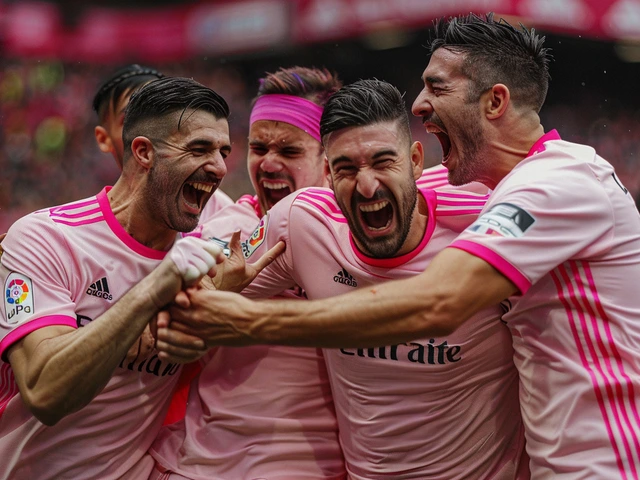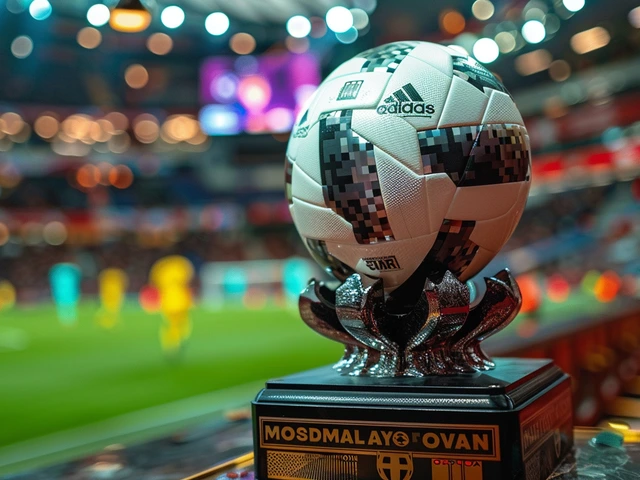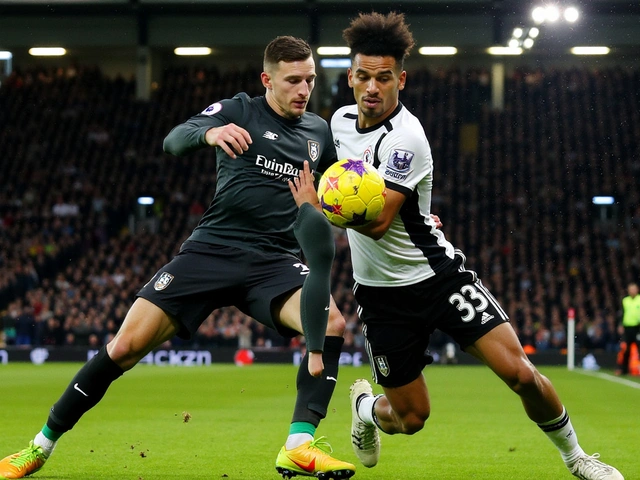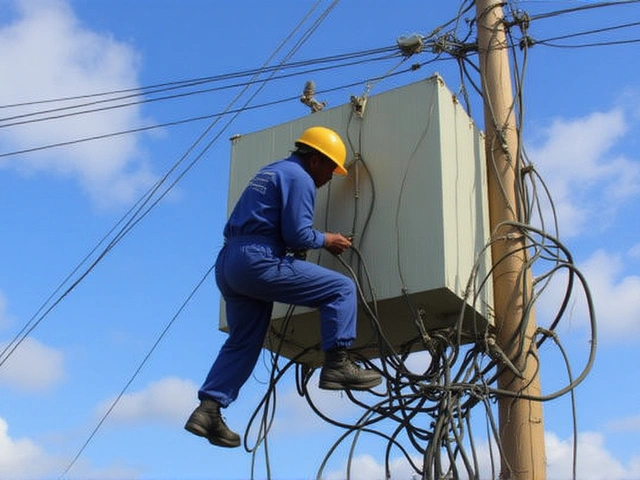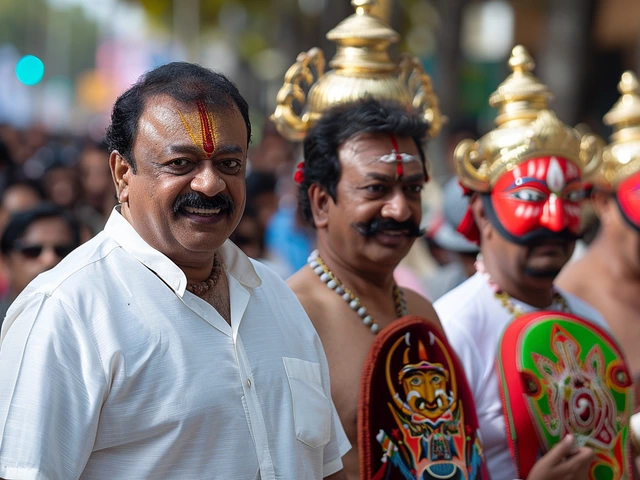Russia – What It Means for Politics, Economy, and Sports
When talking about Russia, a transcontinental nation stretching from Eastern Europe to Northern Asia, famous for its size, natural resources, and cultural depth. Also known as Russian Federation, it shapes global politics, fuels energy markets, and fields competitive sports teams. In simple terms, Russia is a major player in politics, its government influences diplomatic talks, security arrangements, and election dynamics worldwide. It also drives a huge economy, where oil, gas, and minerals dominate exports and affect price trends across continents. Finally, Russia’s love for sports, from football to ice hockey, fuels fan culture and international competitions. These three pillars—politics, economy, sports—are tightly linked: a change in energy policy can shift political alliances, which in turn can impact funding for national teams.
Why Russia matters today
Understanding Russia helps you see why a new energy deal influences market prices (Russia provides a large share of global gas). It also explains why a major football tournament draws attention to its domestic league (Russia hosts clubs that compete internationally). Moreover, diplomatic moves in Moscow often trigger reactions in neighboring countries, showing how Russia affects international relations. The interplay between these areas creates a dynamic landscape that shows up in news about trade, health initiatives, and even cultural events.
Below you’ll find a collection of recent stories that touch on these themes—whether it’s a sports match that featured Russian athletes, a policy shift that impacts the economy, or a political development with global ripple effects. Dive in to see how Russia’s influence unfolds across the topics that matter most to you.
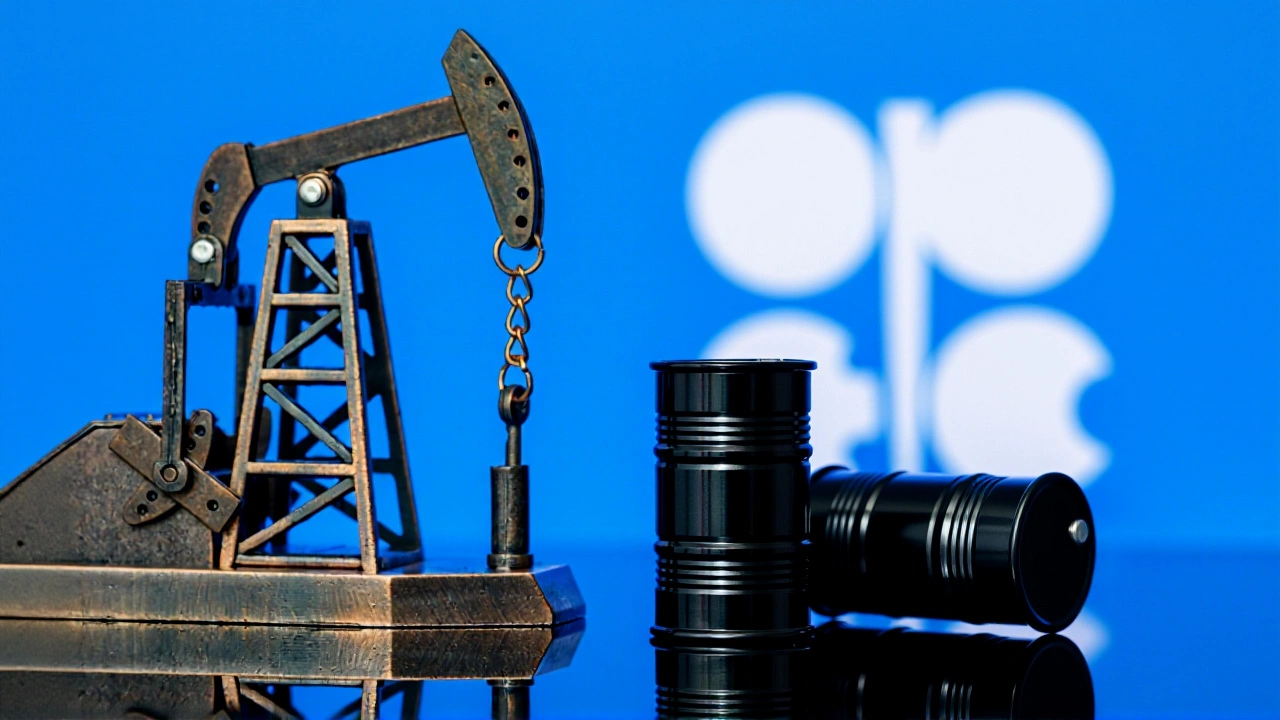
OPEC+ Adds 432,000 bpd, Brent Crude Climbs 1.7% to $85.40
OPEC+ lifts output by 432,000 bpd, nudging Brent to $85.40. Analysts see a cautious market boost amid inflation worries and geopolitical strain.
